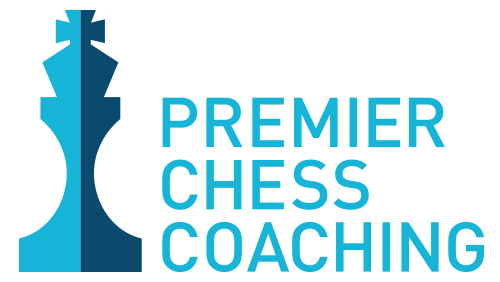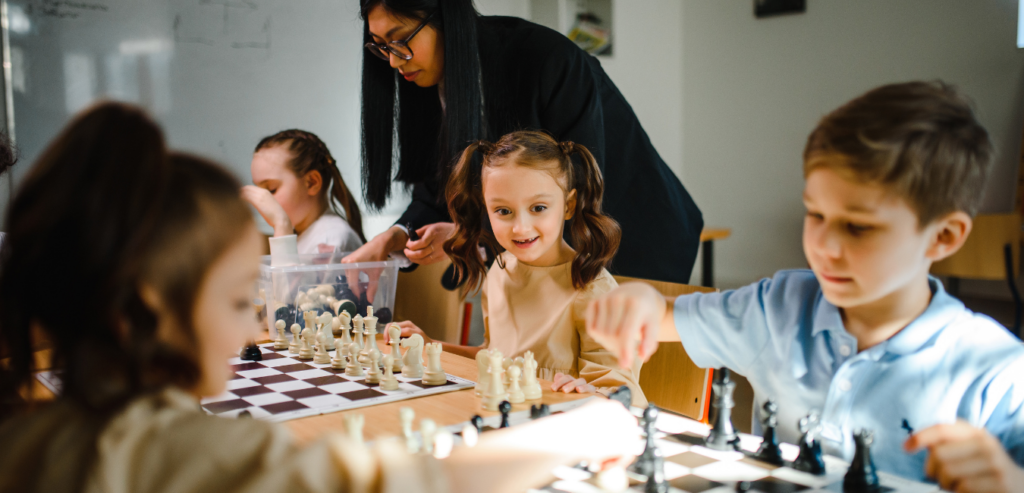In today’s fast-paced world, schools are constantly looking for ways to engage students both inside and outside the classroom. While many activities offer great benefits, one that often flies under the radar is the school chess club. Chess, with its rich history and strategic depth, has a unique ability to boost student engagement in a variety of ways. Let’s explore how.
1. Improving Focus and Concentration
Chess is a game of deep thought and planning. It requires players to focus intensely on the board, anticipate their opponent’s moves, and think ahead. For students, this kind of mental exercise is invaluable.
- Increased Attention Span: Regular participation in chess clubs helps students develop the ability to concentrate for extended periods, a skill that carries over into other academic areas.
- Better Academic Performance: Studies show that students who play chess regularly often improve in subjects like maths and reading, where focus and problem-solving are key.
2. Encouraging Critical Thinking
One of the core elements of chess is problem-solving. Each move presents a new challenge, and players must think critically to navigate complex situations. Chess encourages students to:
- Analyse Situations: Chess teaches students to evaluate their options and select the best course of action, fostering a critical approach to problem-solving.
- Think Creatively: Sometimes, the best moves in chess are the most unexpected. Students learn to think outside the box and find creative solutions to problems on and off the board.
3. Building Confidence
Chess allows students to develop self-confidence in a structured, supportive environment. By making decisions, winning games, and learning from losses, students gain confidence in their abilities.
- A Safe Space for Growth: Chess clubs provide a safe space for students to experiment with strategies and take risks without fear of judgment.
- Learning from Failure: Losing a game can be tough, but in chess, every loss is an opportunity to learn. Students build resilience and learn to view mistakes as part of the growth process.
4. Enhancing Social Skills
Contrary to the common image of chess as a solitary game, it is actually a highly social activity when played in a club setting. Chess clubs offer a great environment for students to interact with their peers.
- Teamwork and Collaboration: In many school chess clubs, students play in pairs, work together to solve puzzles, and participate in team-based tournaments. These activities promote teamwork and a sense of camaraderie.
- Developing Friendships: Chess clubs bring together students who share a common interest, helping them form friendships that may not have blossomed in the classroom.
5. Encouraging Healthy Competition
Chess provides a healthy, structured competition platform that motivates students to improve their skills. It teaches them how to handle winning and losing gracefully, a vital life lesson.
- Sportsmanship: Whether students win or lose, chess emphasizes respect for opponents and learning from the experience.
- Setting and Achieving Goals: Chess encourages students to set personal goals, such as improving their rating or mastering a new opening. This helps them develop a growth mindset and builds motivation to improve.
6. Providing a Break from Screen Time
In a world increasingly dominated by screens, chess clubs offer students a valuable opportunity to engage in a screen-free activity. While online chess is popular, school chess clubs give students a chance to play face-to-face, improving their focus and reducing their reliance on digital devices.
Conclusion
A school chess club is more than just a place to play games—it’s a space where students can develop critical life skills that go beyond the board. From improving concentration and boosting confidence to fostering social connections and promoting healthy competition, chess has a powerful impact on student engagement.
If your school is considering starting a chess club, now is the perfect time to encourage students to get involved. The benefits extend far beyond the game itself, making chess an essential tool for enhancing the overall student experience.
Interested in learning more about how chess can transform your school? Contact us to learn how we can help set up a chess club or provide coaching sessions tailored to your school’s needs.


